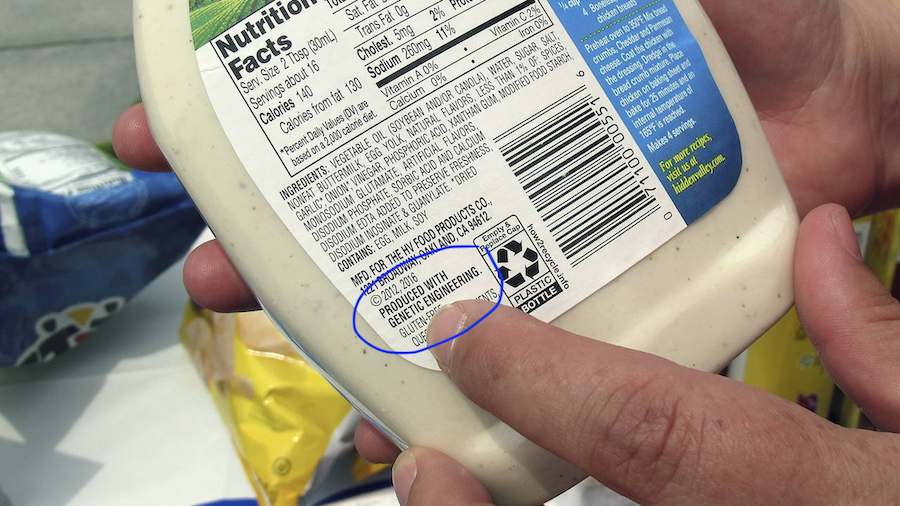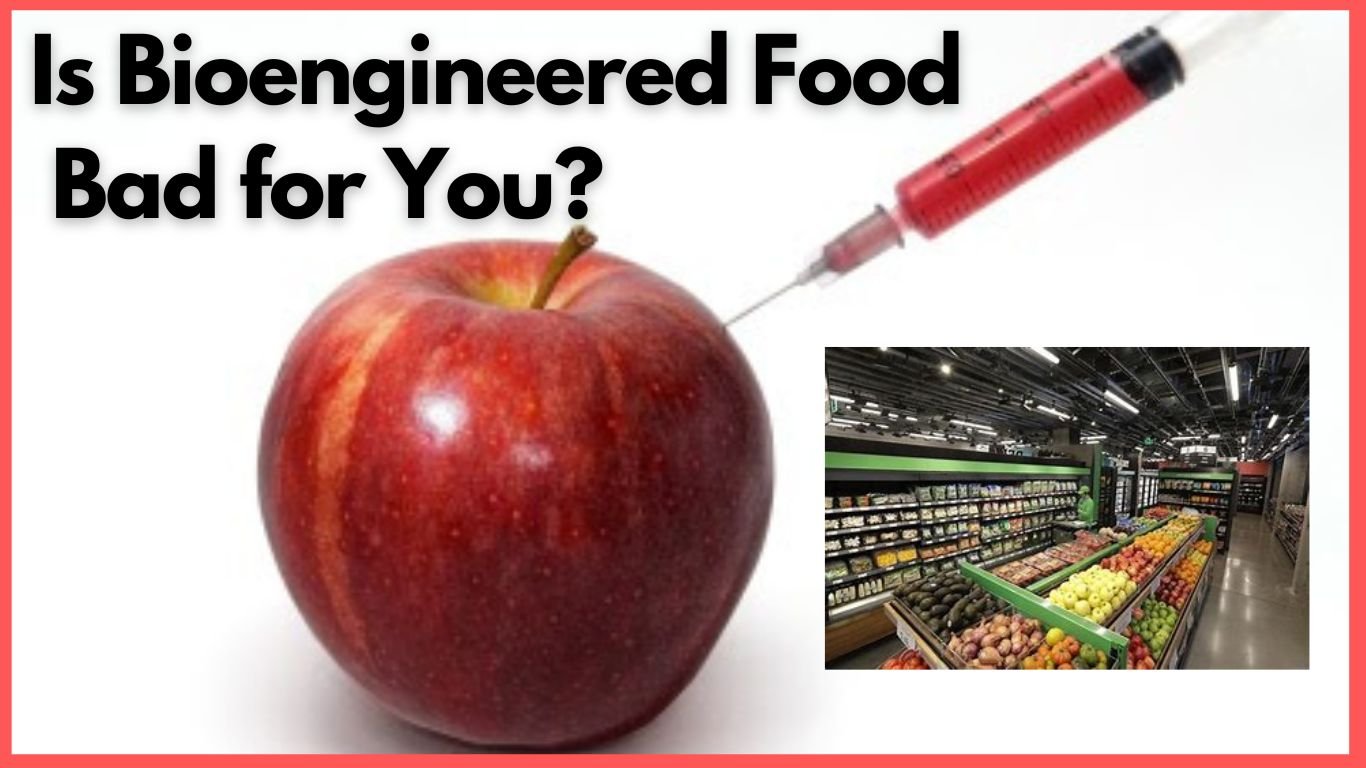Introduction to Bioengineered Food
Bioengineered food, commonly known as genetically modified organisms (GMOs), has been a subject of ongoing debate and concern. The process of bioengineering involves altering the genetic makeup of organisms to introduce desirable traits. This article we explore the controversial topic that Is Bioengineered Food Bad for You?.
Understanding the Bioengineering Process
Bioengineering entails modifying the genes of plants or animals to achieve specific characteristics such as resistance to pests, improved nutritional content, or longer shelf life. Scientists use advanced techniques to alter the DNA, resulting in crops with the desired traits.
Arguments Against Bioengineered Food
Health Concerns
Critics argue that bioengineered food may have adverse effects on human health. Concerns include potential allergic reactions and the unknown long-term impact of consuming genetically modified products.
Environmental Impact
Detractors express worries about the environmental consequences of bioengineered crops, including possible harm to biodiversity and the creation of superweeds resistant to herbicides.
Ethical and Moral Considerations
Some individuals oppose bioengineered food on ethical grounds, citing interference with nature and tampering with the natural order of organisms.

Benefits of Bioengineered Food
Improved Crop Yields
Bioengineering has the potential to significantly enhance crop yields, addressing food scarcity issues and improving global food security.
Enhanced Nutritional Value
Scientists can bioengineer crops to have higher nutritional value, providing essential vitamins and minerals to populations in need.
Reduced Need for Pesticides
Bioengineered crops often require fewer pesticides, minimizing environmental impact and exposure to harmful chemicals.
Research on the Safety of Bioengineered Food
Numerous scientific studies have been conducted to assess the safety of bioengineered food. The consensus within the scientific community is that GMOs are safe for human consumption.
Regulations and Labeling

To ensure consumer safety, various countries have established regulations and labeling requirements for bioengineered food. Clear labeling allows individuals to make informed choices about the products they purchase.
Consumer Awareness and Education
Promoting awareness and educating consumers about bioengineered food is crucial. Providing accurate information helps individuals understand the science behind GMOs and make informed decisions.
Balancing the Pros and Cons
Balancing the benefits and risks of bioengineered food is vital for a sustainable future. Striking a balance that maximizes the advantages while minimizing potential risks is essential.
Case Studies
Examining specific cases where bioengineered food has had a positive impact on communities and agriculture can shed light on its potential benefits.
Addressing misconceptions and presenting evidence-based information is key to ensuring the public’s understanding of bioengineered food.
Conclusion
The debate surrounding bioengineered food is complex, with valid arguments on both sides. While concerns about health, environment, and ethics exist, scientific research suggests that bioengineered food, when regulated and labeled appropriately, can offer significant benefits including improved crop yields, enhanced nutritional value, and reduced pesticide use.
